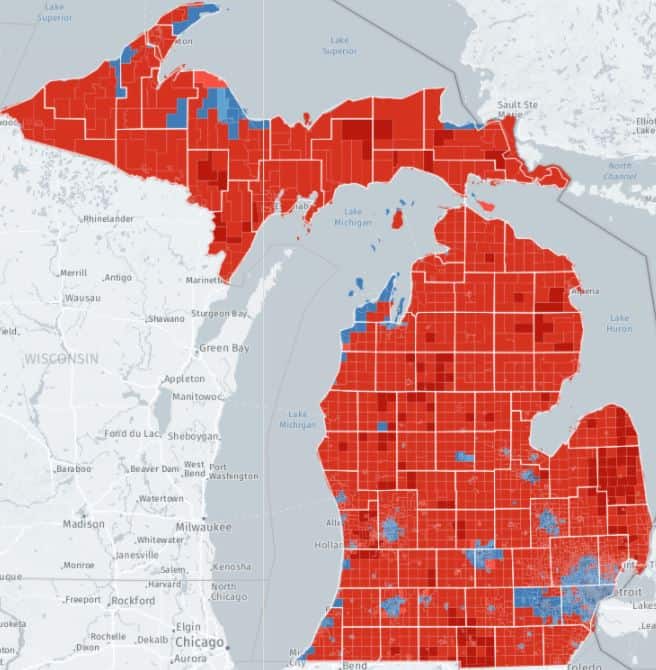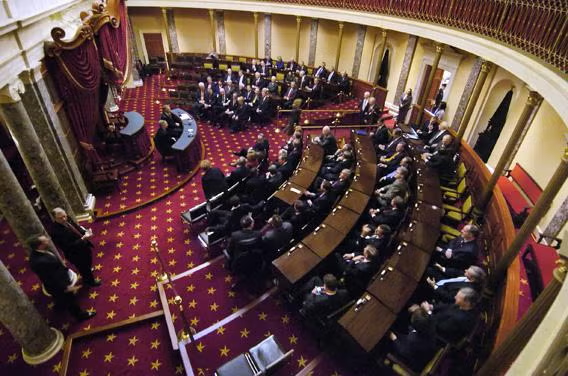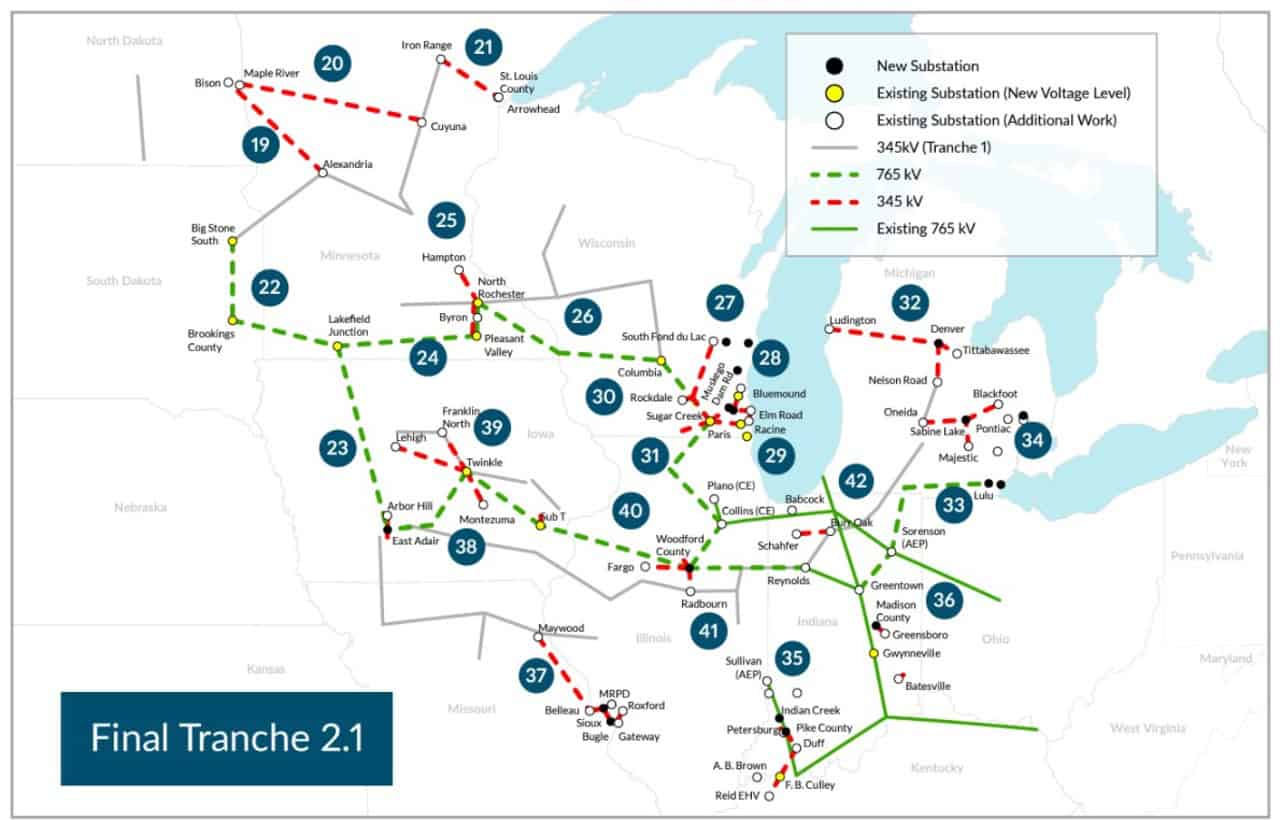LANSING – A U.S. District court judgment that Michigan legislative Republicans deliberately drew a partisan gerrymandered congressional and legislative lines for the 2012 to 2020 elections was vacated by the U.S. Supreme Court Monday in light of its ruling last June that nothing in the U.S. Constitution actually forbids partisan gerrymandering.
But in that same decision, Rucho v. Common Cause, U.S. Chief Justice John Roberts said the states themselves could act to bar partisan gerrymandered and referenced the Voters Not Politicians redistricting plan state voters adopted in the 2018 election.
Republicans have challenged that state constitutional amendment in U.S. District Court as well, arguing it violates free speech and due process requirements. The state has asked for the cases to be dismissed.
Monday’s decision, in Chatfield v. League of Women Voters (SCOTUS docket No. 19-220), was largely a foregone conclusion given the U.S. Supreme Court’s ruling in Rucho. When that decision was announced in June, it immediately put a halt to any efforts to redraw the state’s district lines in time for the 2020 election as a special panel of three judges at the district court level had ordered in May.
The lawsuit was initially filed in 2017. With the election of Secretary of State Jocelyn Benson, the department attempted to reach a settlement with the plaintiffs on the case, but that fell through and a trial was held during the spring.
In discovery in the case, emails were released showing aides and consultants to legislative Republicans asking at least one U.S. representative what kind of district he wanted drawn and referring in at least one incident to combining Democratic “garbage” into one district to water down Democratic voters in neighboring districts.
Michigan Republican Party Chair Laura Cox praised the high court’s action, saying it stopped Benson’s, “backroom deals and her attempt to redraw our state’s legislative districts to benefit Democrats. The blatant partisanship Benson displayed during this case and her attempt to negotiate a backroom settlement with the former chairman of the Michigan Democratic Party, shows she is unworthy of being our state’s top election official.”
Benson had sought to settle with the plaintiffs, but the three-judge panel thoroughly rejected the proposed settlement.
Nancy Yang, with Voters Not Politicians, praised the plaintiffs, saying, “thanks to the work of the League of Women Voters in this case, the public now knows what happens behind closed doors when politicians and special interests have the power to manipulate election district maps for partisan political gain.”
Yang also said the U.S. Supreme Court’s decision in Rucho showed the importance of citizen-led reform efforts like that passed in 2018.
This story was published by Gongwer News Service.






